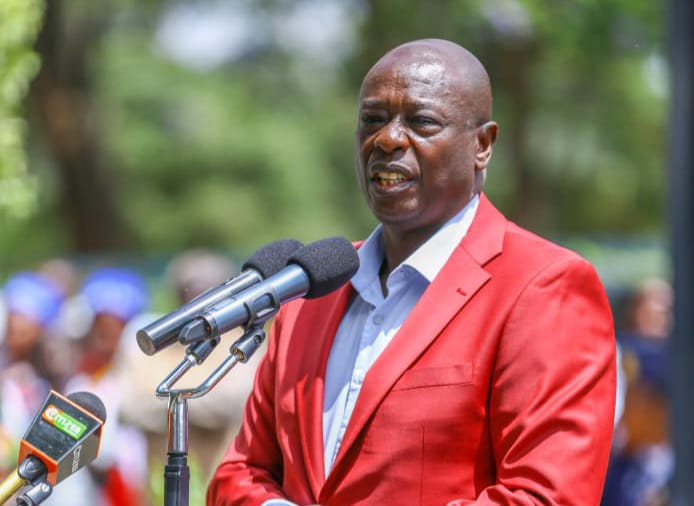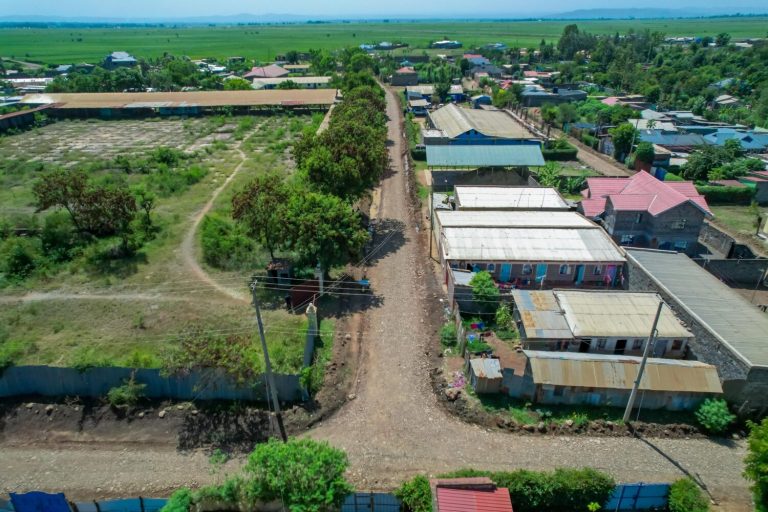President William Ruto on Wednesday assented to the County Allocation of Revenue Bill, 2025, and the County Public Finance Laws (Amendment) Bill, 2023.
Sponsored by Meru Senator Kathuri Murungi, the latter seeks to give county assemblies greater autonomy over their finances.
It amends the Public Finance Management Act to provide for the establishment of a County Assembly Fund in each county, which will cover administrative costs and facilitate the purchase of assets such as land and buildings.
While the County Assembly Services Act currently provides for such a fund, the new law introduces more detailed provisions on its management, sources of revenue, and requisition procedures.
Now, the Clerk of each county assembly serves as the fund’s administrator, ensuring monies are retained for their intended purpose, held at the Central Bank of Kenya, and disbursed promptly for approved public spending.
Unspent funds at the end of the financial year would be carried forward.
The fund’s key source will be monies appropriated by the county assembly from the County Revenue Fund.
County treasuries are required to release these allocations by the 15th of each month for the following month’s expenditure, subject to assembly approval.
Proponents say the changes will give county assemblies greater autonomy over their finances, enabling them to effectively perform their constitutional and statutory duties.
Meanwhile, the County Allocation of Revenue Bill, 2025, sets out how counties will share their equitable revenue for the new financial year, and is sponsored by the Senate Finance and Budget Committee chair, Ali Roba.
It divides Ksh.415 billion among the 47 county governments this fiscal year, a 7.1 percent increase from the Ksh.387.4 billion allocated in the 2023/24 financial year.
The law also requires the Treasury to publish monthly reports on actual transfers to counties, while county treasuries must reflect and report the receipts in their quarterly and annual financial statements in a bid to ensure greater transparency in disbursements.
This will be the first allocation to apply the fourth revenue-sharing formula under Article 217 of the Constitution, approved by Parliament earlier this year.
The new law further sets budget ceilings for county executives and assemblies and outlines rules for funding functions transferred from counties to the national government, including quarterly performance reports to the Senate and respective assemblies.
Ruto signed the two bills into law at the Homa Bay State Lodge.
By Dennis Musau













